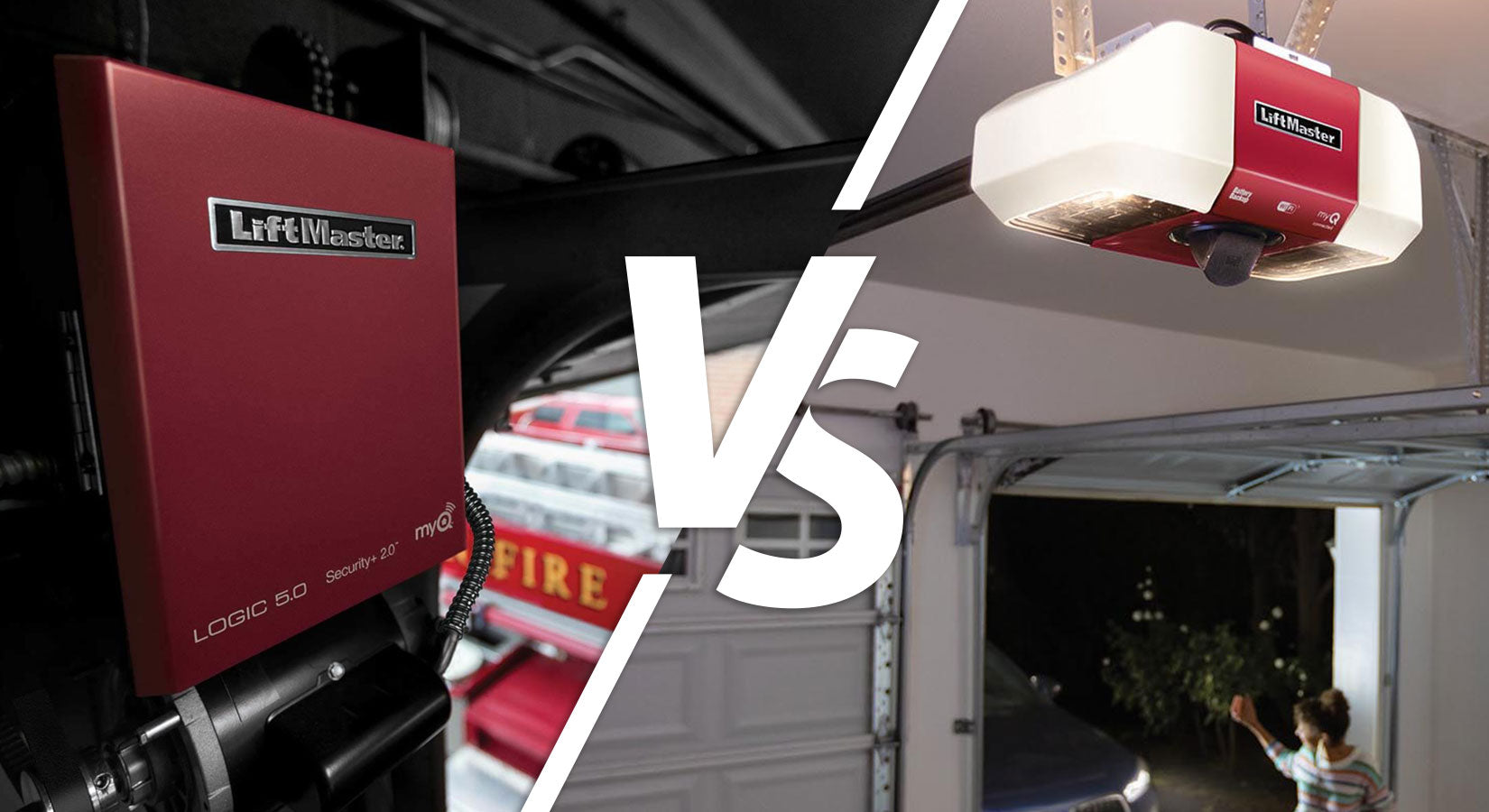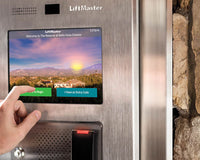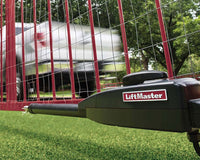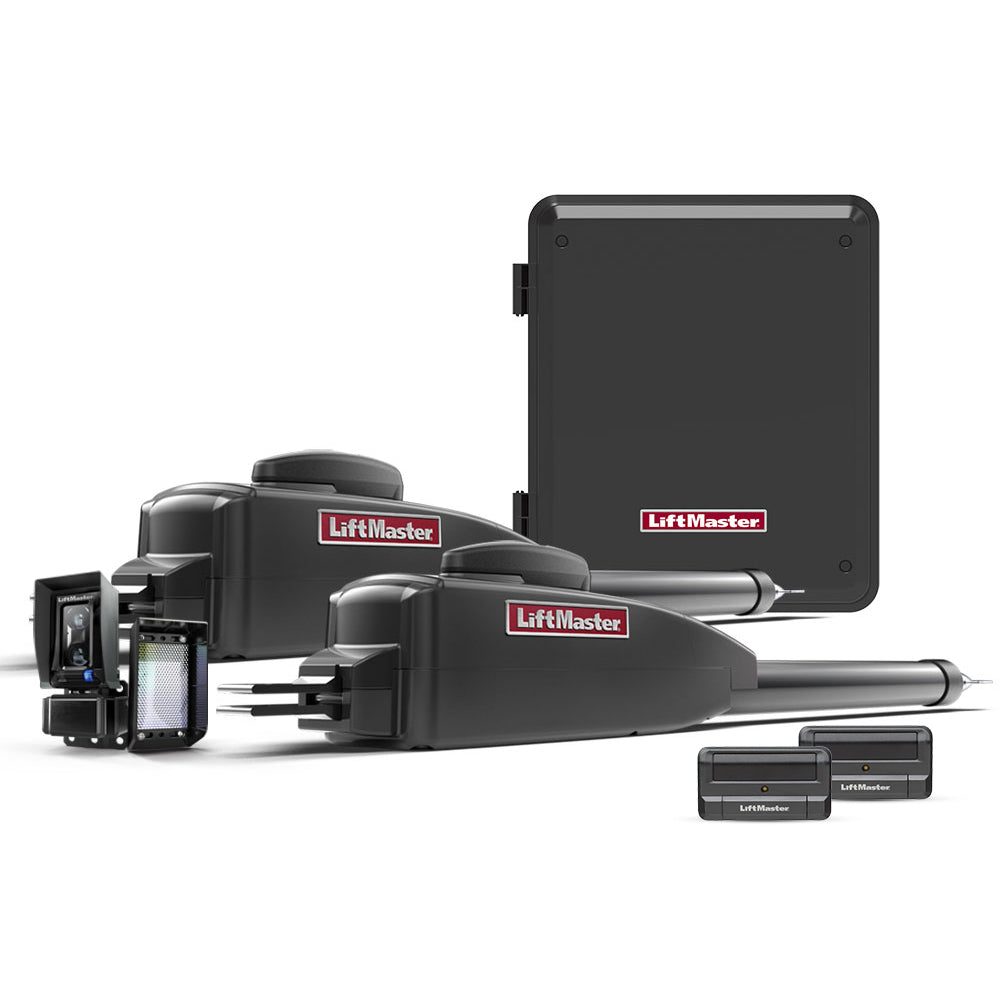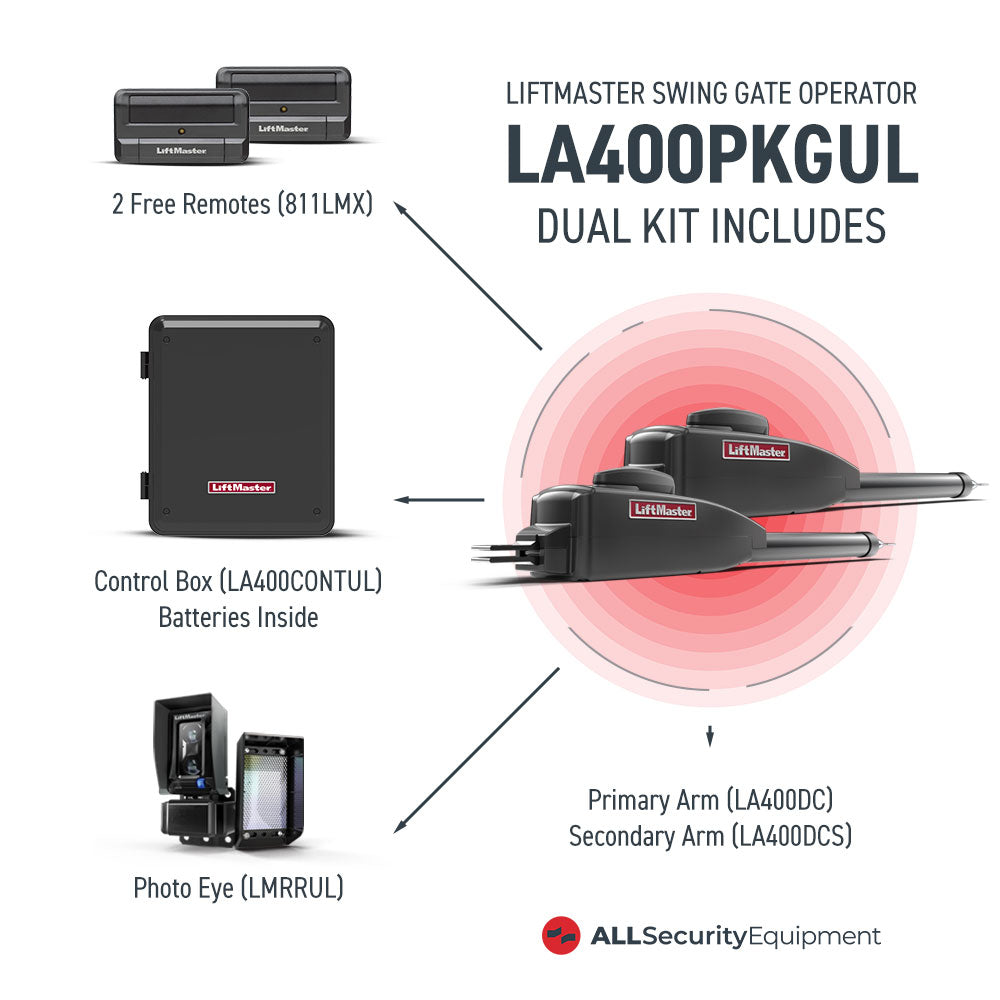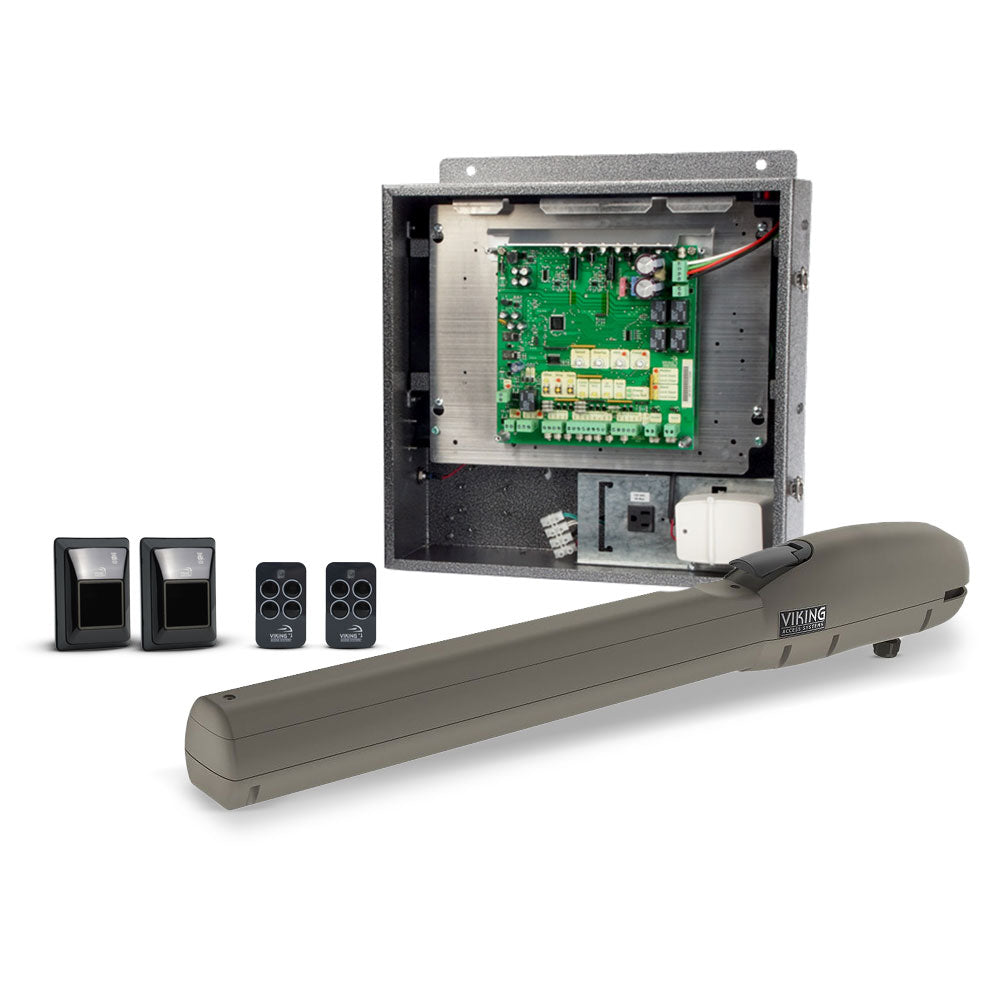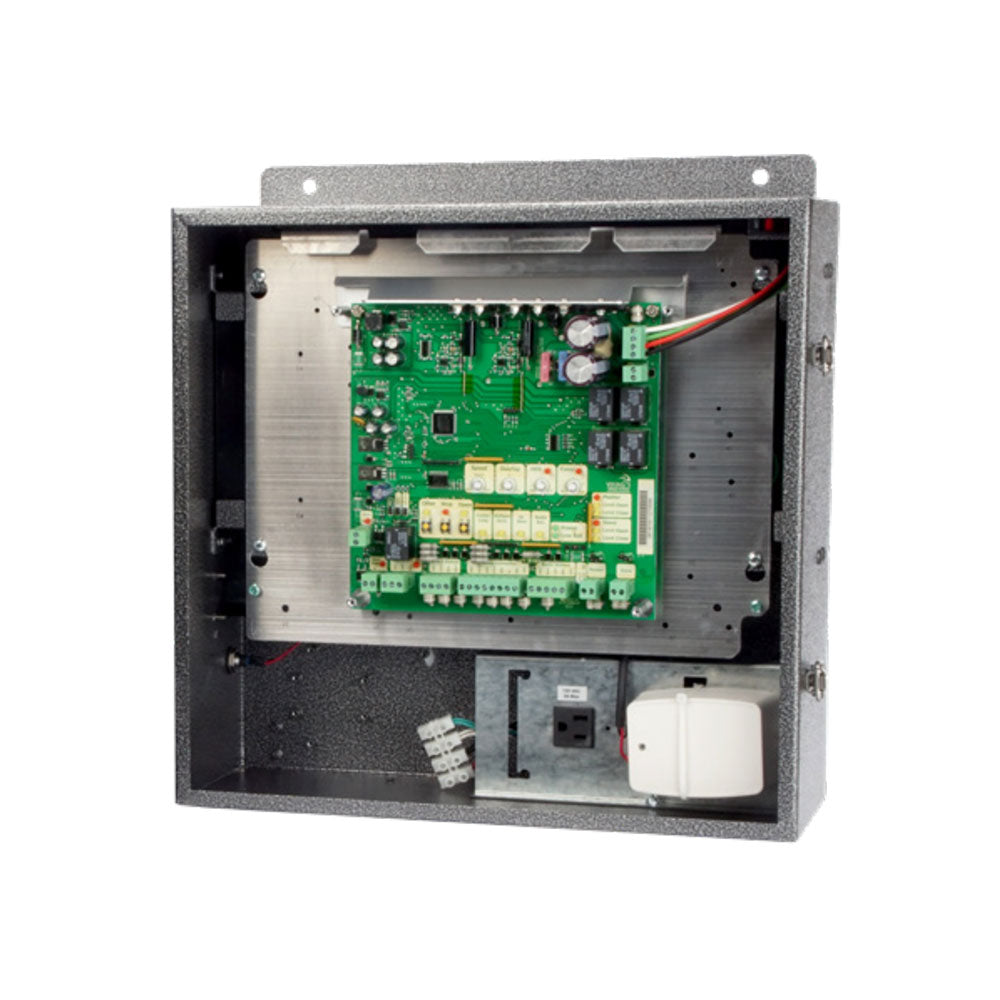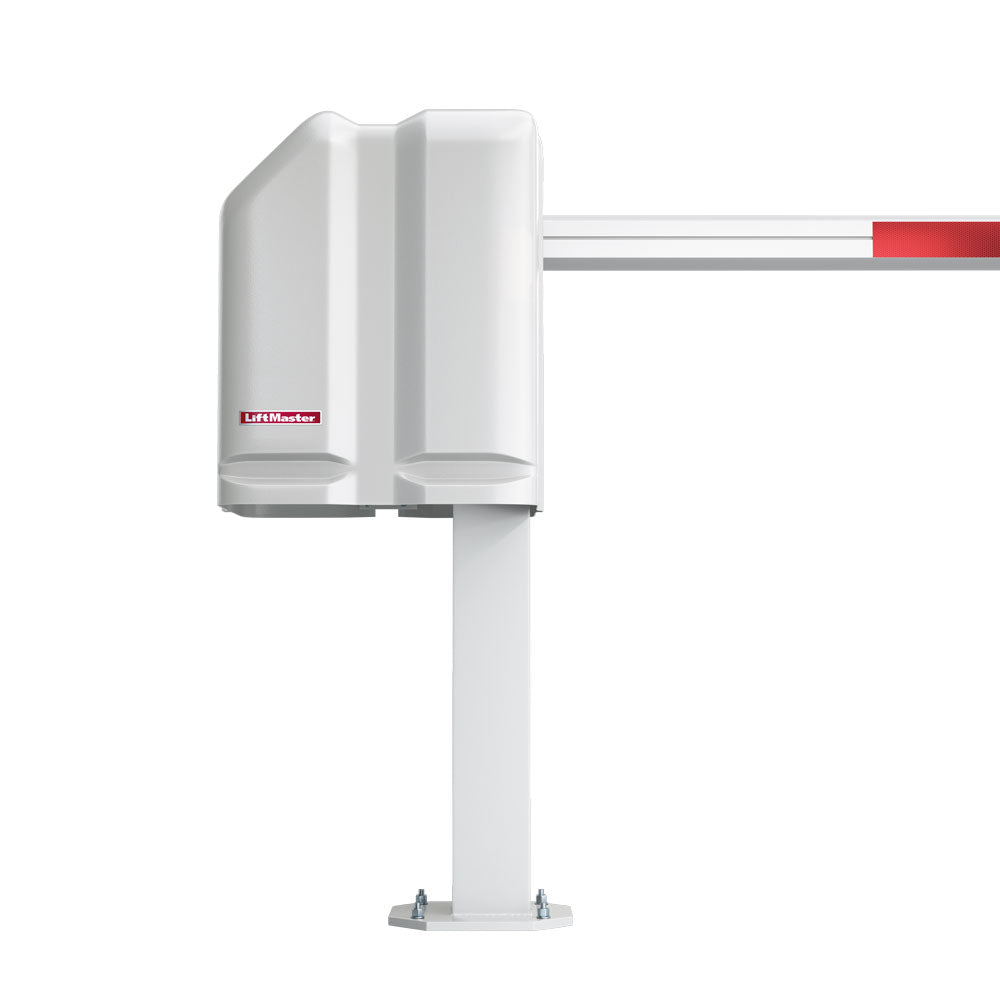In the world of automation, there are two types of door operators: residential and commercial. First, residential and commercial door openers look very similar. After all, they both do the same thing - open your doors! But there are a few subtle differences between them. If you’re considering installing a new door operator on your property or have been asked by a client to provide one, it is important to know the difference between these two before making any decisions about which one will work best for you.
Do you know the difference between commercial and residential door operators? If not, then you might want to read this post. It discusses the differences in detail as well as some of their other features. You'll be glad you did!
Price
The primary difference between commercial and residential door openers is the price. Residential garage door openers are usually less expensive than commercial ones simply due to their lack of heavy-duty components and expected usage. On the other hand, commercial openers always come with a higher price tag as they are built to take more abuse over longer periods of time.
Commercial door operators can cost over $1,000 depending on the functionality. We offer medium-duty, light-duty, and industrial-duty commercial door operators whose prices differ by function. Residential door operators are cheaper than commercial ones and will hardly get to $1,000.
The price depends on the level of sophistication of your device, which is primarily influenced by personal preference. The price of residential door operators is also lower because they don’t need intricate construction or very high-quality hardware material as their use is also infrequent.
Dimensions
While choosing a door opener, you need to factor in the size of your door, be it for a commercial or residential door. The dimensions of your door will guide the choice of door opener. Commercial door openers are larger in general than residential products. This is because commercial operators must be made to fit a larger range of doors, differing in size from property to property. Residential openers tend to be smaller since they are specifically designed for home use and will rarely, if ever, have anything other than a standard-sized garage door.
Materials
If you are looking at residential operators because they are less expensive than commercial models, it might be prudent to look further into why they cost less. Often, it is due to plastic parts where metal would suffice or because the gearing is not as robust, which can cause damage to your door. These are two important features to consider if you will be using the operator on a heavier door.
Commercial doors have to meet the standards of strength and durability, so the door openers are made of materials like galvanized steel or aluminum. The material used on the door openers has to withstand the wear and tear of commercial environments, and the tracks are significantly thicker. The springs used on commercial door openers have to be heavy-duty to cater to the opening and closing frequency. On the other hand, residential door operators tend to be less particular regarding the quality of materials and the thickness of the tracks, which could be 2-3 inches.
Aesthetics
In a commercial setting, operators are installed for performance first and appearance second. Aesthetics come into play for new construction or a door that will be visible to the public but isn't as important as performance, where safety is concerned. The exterior of the door operator will be exposed to more elements on a commercial door opener. In contrast, residential operators are typically tucked away inside the top panel of the door. A commercial operator's finish will need to be more durable and weather-resistant.
However, if you have an existing home and want a garage door opener attached to the inside of your garage, then aesthetics may be more important. Residential homeowners have more concerns about aesthetics than commercial ones. The appearance of the door ties into the style of the home and plays a role in the property’s resale value.
Operating Capacity
Residential garage doors are designed to withstand opening and closing only a few times per day. On the other hand, commercial door openers are meant to be used around the clock, so manufacturers usually beef up components such as gears to accommodate this type of usage. A commercial door is made specifically with businesses in mind - it will operate more quickly and efficiently than regular residential ones.
Opener Power Consumption and Capabilities
Commercial doors are much heavier than standard residential doors, requiring more force from the motor to lift them. Therefore, it stands to reason that a commercial operator must have a larger horsepower motor than a residential model in order for it to operate effectively. What people do not realize is that the gears on a commercial operator are larger as well. The larger motor and gears combination will increase your door’s overall size and weight, requiring more room to swing open.
Residential door operators are designed for single-family use, and the vast majority of residential operators range between 1/2 horsepower to 3/4 horsepower and are powered by 115V. If you want to be able to open very heavy doors (greater than 100 pounds) or more than one door at a time, you would need to get an industrial-duty commercial operator. Commercial operators typically range in capacity from 3/4 - 4 hp connected to single or three-phase multi-volt systems (208V/230V/460V)).
Generally speaking, the bigger the operator, the faster it will open your door(s). However, it is essential to note that there are many factors that influence how fast a particular system will work. The weight of the door(s), any safety or soft start/stop devices being utilized, etc., are all factors that will affect the speed of the door(s).
Quality and Commercial Grade Safety Features
Commercial door openers are, without question, much higher quality than their residential counterparts. Residential garage door openers are designed for occasional to moderate use (in most cases). In contrast, commercial ones may be required to work almost constantly, day in and day out, for years on end. This means that the components used in a commercial opener will typically last much longer than those used in a residential model. Due to this fact, many commercial door openers can easily last 15+ years before even beginning to show signs of wear or malfunctioning.
Commercial door operators go through demanding tests and certifications to ensure they're capable of withstanding daily use – which would be significantly greater than what's expected from a typical homeowner – without failing or requiring maintenance. This means commercial door openers provide peace of mind and reliability throughout years of uninterrupted service. While both share the same basic components, commercial door operators are meant to take more abuse than residential ones. These can include everything from higher usage cycles to incidental contact with foreign objects that might scratch or otherwise damage the system's finish.
Warranty Period
Commercial operators come with longer warranty periods than their residential counterparts. This is because commercial door openers must be able to withstand much more strain over time than residential products.
Noise Emission
Residential door operators generally make less noise when in operation; however, this is largely dependent on the model chosen by the customer. Some models of residential door operators may emit more noise than a commercial opener under certain conditions.
Commercial openers are typically much louder than residential operators, especially when compared side by side. This is due to the fact that commercial door openers must provide enough force to lift very heavy doors, whereas residential models do not have nearly as much power.
Areas of Application
Commercial operators are designed for heavy-duty use and can be found on commercial applications such as warehouses, office spaces, and other similar sites. In contrast, residential operators are intended for the routine opening of multiple door systems with lightweight doors that do not require extra features or components beyond what might typically be included in an operator installed into home garages.
Conclusion
The two types of operators are designed to serve different purposes, with commercial units being more durable for high volume areas like schools or office complexes, warehouses, and industrial settings, while residential units work better in single-family homes where there's less traffic.
If you're not sure which type of unit will suit your needs best or if you need help finding the perfect model for your project, let our team know! We have a range of quality door openers, both commercial and residential, with a vast list of capabilities to cater to your needs. Also, our experts have extensive knowledge about both types of door operators, and we’re happy to provide guidance when it comes to choosing one.

